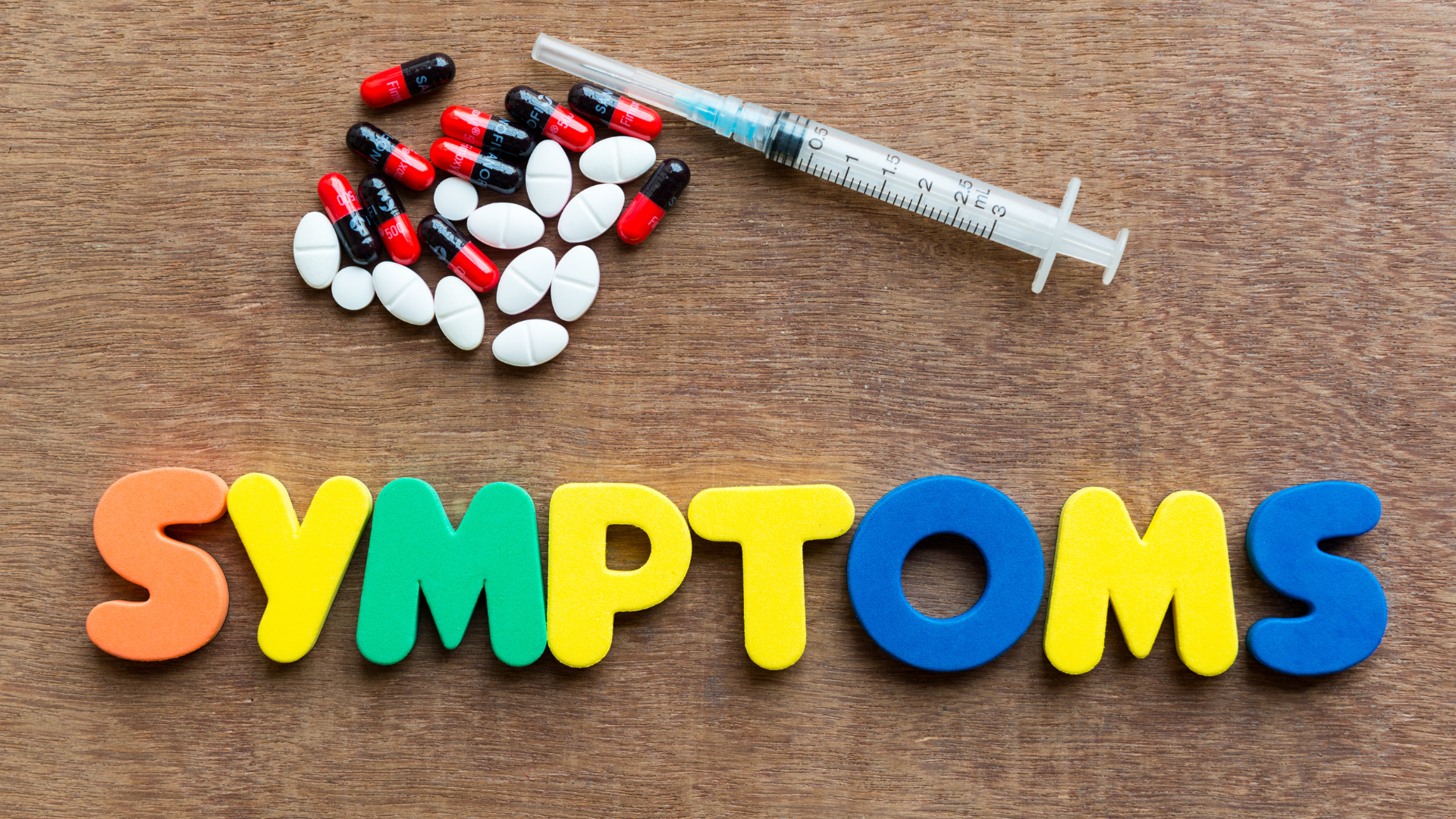Exploring Endometriosis: Symptoms, Causes, and Treatment Options in Jackson, Mississippi

Endometriosis is a chronic and often painful condition that affects millions of women, including those in Jackson, Mississippi. It occurs when tissue similar to the lining of the uterus (endometrium) starts to grow outside the uterus, leading to various symptoms and potential complications. While the exact cause remains unknown, endometriosis can significantly impact a woman's quality of life. In this blog post, we will explore the symptoms, causes, and available treatment options for endometriosis to help raise awareness and provide valuable information to women in Jackson.
What is Endometriosis?
Endometriosis is a condition where tissue similar to the lining of the uterus (called the endometrium) grows outside of it, typically in the pelvic area. The tissue behaves like endometrial tissue, thickening, breaking down, and bleeding with each menstrual cycle. However, unlike the tissue inside the uterus, which is shed during menstruation, the blood from the endometrial-like tissue has nowhere to go, leading to inflammation, pain, and scar tissue formation (adhesions). In severe cases, it can result in infertility.
Symptoms of Endometriosis
The symptoms of endometriosis can vary widely from person to person and range from mild to severe. Common symptoms include:
- Pelvic Pain: One of the most common symptoms of endometriosis is chronic pelvic pain, especially during menstruation. This pain often intensifies as the menstrual cycle progresses.
- Heavy Menstrual Bleeding: Women with endometriosis often experience heavy periods or bleeding between periods. The pain may be accompanied by unusually long or irregular menstrual cycles.
- Pain During Intercourse: Many women with endometriosis report pain during or after sexual intercourse. This can be due to deep pelvic tissue inflammation and adhesions affecting the reproductive organs.
- Painful Bowel Movements or Urination: Endometriosis can cause pain or discomfort during bowel movements or urination, particularly during menstruation. This can be associated with endometrial tissue growing on the intestines or bladder.
- Fatigue and Nausea: Endometriosis can cause significant fatigue, often worsened by pain and discomfort. Some women also experience nausea, particularly around their menstrual period.
- Infertility: Approximately 30-40% of women with endometriosis experience difficulty conceiving. This is one of the most significant concerns for women with the condition.
Causes of Endometriosis
The exact cause of endometriosis is still not fully understood, but several theories attempt to explain its origins. Some of the potential causes and risk factors include:
- Retrograde Menstruation: This is one of the most commonly accepted theories. It suggests that menstrual blood flows backward through the fallopian tubes into the pelvic cavity, where endometrial cells can implant and grow. While this is a common occurrence, not all women who experience retrograde menstruation develop endometriosis.
- Genetics: Women with a family history of endometriosis are at a higher risk of developing the condition. Genetic factors may play a role in how the immune system responds to endometrial-like tissue growing outside the uterus.
- Immune System Dysfunction: Some experts believe that an impaired immune system may fail to recognize and destroy endometrial-like tissue growing outside the uterus, allowing it to persist and cause problems.
- Embryonic Cell Transformation: It is theorized that in some women, certain embryonic cells in the pelvic region transform into endometrial-like cells, leading to endometriosis.
- Environmental Factors: Exposure to certain environmental factors, such as endocrine-disrupting chemicals, may contribute to the development of endometriosis, although more research is needed to understand this link.
Diagnosis of Endometriosis
Diagnosing endometriosis can be challenging since its symptoms overlap with other conditions, such as pelvic inflammatory disease or irritable bowel syndrome. To diagnose endometriosis, a healthcare provider will typically perform the following:
- Medical History and Symptom Discussion: The doctor will ask about the patient's menstrual history, symptoms, and any family history of endometriosis.
- Pelvic Exam: During a pelvic exam, a doctor may feel for abnormal masses or cysts in the pelvic region. However, this test alone cannot definitively diagnose endometriosis.
- Imaging Tests: Ultrasound, MRI, and other imaging tests may help detect endometriomas (cysts caused by endometriosis) or other abnormalities, but these tests are not always conclusive.
- Laparoscopy: The most definitive way to diagnose endometriosis is through laparoscopy, a surgical procedure where a small camera is inserted into the abdomen to directly visualize the endometrial-like tissue. If endometriosis is present, the doctor may also remove tissue for biopsy.
Treatment Options for Endometriosis
While there is no cure for endometriosis, several treatment options can help manage symptoms and improve quality of life. These treatments can vary depending on the severity of the condition, symptoms, and the woman’s reproductive plans. Treatment options include:
- Pain Management: Over-the-counter pain relievers such as ibuprofen or naproxen can help manage mild pain associated with endometriosis. In more severe cases, stronger prescription medications may be prescribed.
- Hormonal Therapy: Hormonal treatments can help control the growth of endometrial-like tissue by regulating estrogen and progesterone levels. Common hormonal treatments include:
- Birth Control Pills: These can help regulate the menstrual cycle and reduce menstrual pain.
- Progestin Therapy: Progestin can help shrink endometrial tissue and reduce pain.
- GnRH Agonists: These drugs block the production of estrogen, leading to a temporary "menopause-like" state, which can reduce endometriosis symptoms.
- Surgical Options: For women with severe endometriosis or those who wish to become pregnant, surgery may be necessary. Laparoscopic surgery can remove endometrial growths, adhesions, and cysts. In some cases, a hysterectomy (removal of the uterus) may be recommended if other treatments are unsuccessful.
- Fertility Treatments: For women struggling with infertility due to endometriosis, assisted reproductive technologies such as in vitro fertilization (IVF) may be considered.
- Alternative Therapies: Acupuncture, physical therapy, and dietary changes are sometimes used to manage endometriosis symptoms. However, the effectiveness of these treatments may vary from person to person.
6. Living with Endometriosis
Managing endometriosis is often a lifelong process, and coping with the condition can be emotionally and physically challenging. Support from family, friends, and healthcare providers is crucial for managing pain and maintaining mental well-being. Women with endometriosis may benefit from joining support groups or counseling to connect with others who understand the challenges they face.
Conclusion
Endometriosis is a complex and often debilitating condition that affects many women, including those in Jackson, Mississippi. With the right diagnosis and treatment, the symptoms of endometriosis can be managed, allowing women to lead fulfilling lives. If you suspect you may have endometriosis, it’s important to consult with a healthcare provider in Jackson to discuss your symptoms and explore possible treatment options. Early intervention can help minimize the long-term effects of the condition and improve your quality of life.




